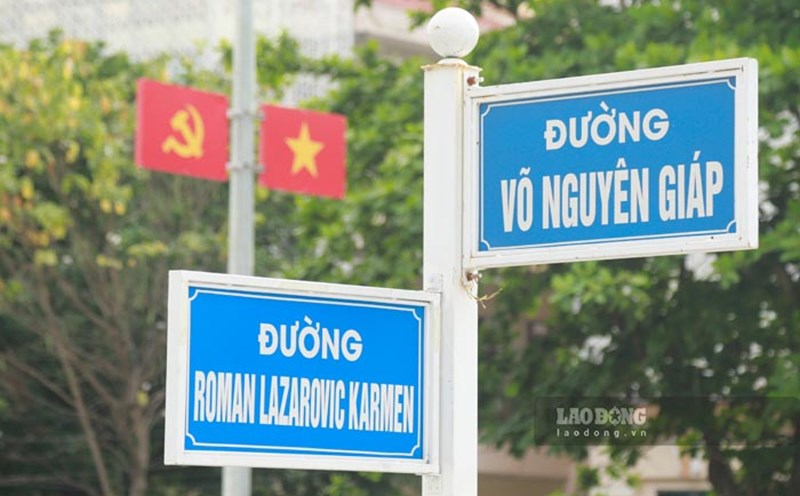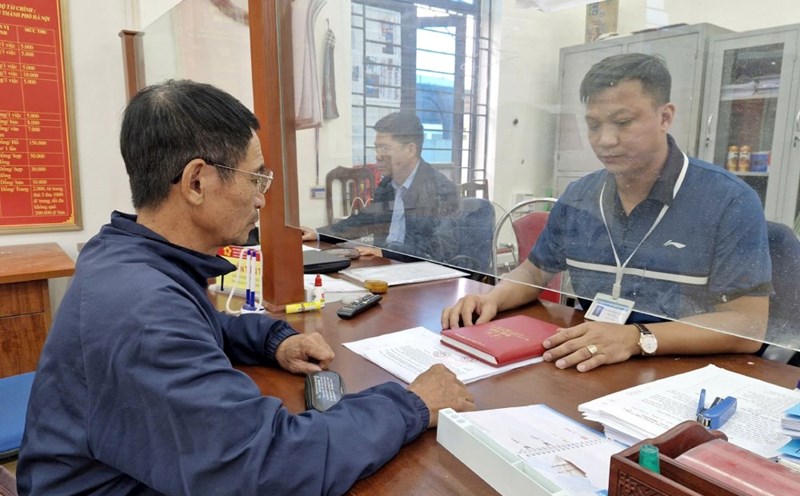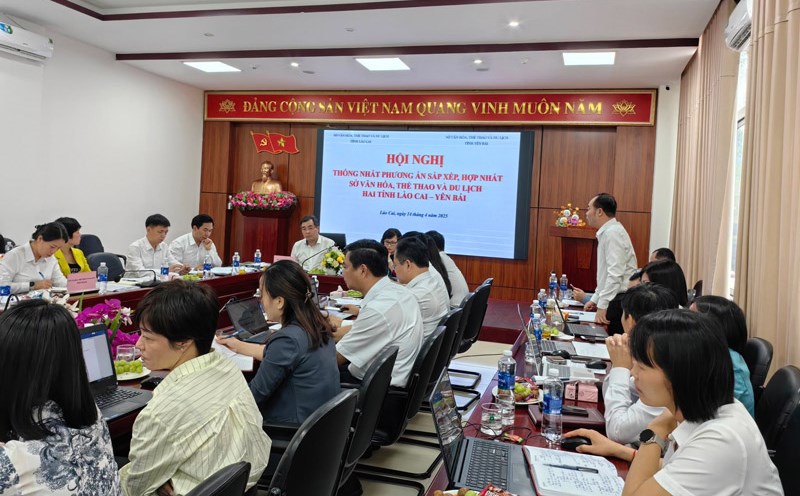The stock market experienced the strongest decline in the past 3 years in the trading week, after receiving information about the tax rate of up to 46% applied by the US to Vietnamese goods.
The VN-Index has dropped by more than 100 points in just two sessions of the weekend, but was lucky to return to the 1,200-point threshold when bottom-fishing demand increased in the session on the weekend, April 4.
In total, at the end of the first trading week of April, the VN-Index decreased by 106.79 points (-8.11%), down to 1,210.61 points.
However, the positive highlight is that bottom-fishing cash flow is active and recorded two consecutive sessions of deep decline, which are also two sessions matching record high orders in the market. On average, the average liquidity on the HOSE floor last week reached 1,149 million shares, up nearly 46% compared to the previous week and the average trading value was VND 27,440 billion/session, up 46.32%.
The strong selling pressure last week partly came from foreign investors. In total, after 5 sessions, foreign investors net sold VND9,114 billion in the whole market with a focus of more than VND6,500 billion in the 2 weekend sessions. This figure has surpassed the record weekly net selling level just established at the end of May 2024 (VND 8,135 billion). The focus of net selling was recorded at two exchange rates HoSE, FPT and MBB with a value of over a trillion.
Analysts from Phu Hung Securities Company (PHS) predict that the stock market will certainly face a lot of pressure in the short term, at least until the official tariff policy takes effect (9.4). This securities company hopes that Vietnam's good diplomatic policies along with the Government's initiative will help Vietnam soon achieve a better "deal".
Meanwhile, Mirae Asset Securities Company maintains an optimistic view that Vietnam will be somewhat successful in limiting the impact of tariffs to a minimum level (10%), in order to aim for a scenario of balancing benefits between the parties.
In addition, Vietnam will soon successfully achieve the goal of upgrading the market to an emerging market in the September 2025 review by FTSE Russell with many improvements from the KRX trading system (expected to be officially implemented from 5.): regulations on transactions requiring no deposit (NPF) and completing the central clearing payment system.
According to Mirae Asset, VN-Index's P/E recorded 13.7 times and maintained in the attractive pricing area located below the last 10-year P/E lane at 16.6 times. Thereby, continuing to consolidate the prospects of the increase in medium and long -term spans, but the trend of differentiation is expected to be improved when the market is still lacking in leading industry groups in the context of banking groups and some large -cap stocks are still in the trend of cooling down after a sharp increase in 2024.
However, we still have to consider the bad situation, in the most cautious scenario, Vietnam will not be successful in narrowing the counterpart tax rate to 10%, trading psychology continues to be pessimistic and causing selling pressure to persist, the most suitable support zone will last in the range of 1,125 - 1,150 points, Mirae Asset expressed its opinion.
Experts from Agriseco Securities Company assess that the following groups of stocks will be negatively affected. The first is the import-export group and is mainly through the US: Seafood, wood, textiles. Second is the group that has increased sharply in recent times: finance, real estate. Third is the group directly affected by FDI: Industrial parks.
Accordingly, Agriseco recommends that investors limit disbursement in the current period, reduce the proportion of stocks to a safe level, and pay attention to the risk of cross- margin calls in the following sessions. For some bluechip stocks that are not directly affected by tax policies and have growth stories in 2025, a low proportion can be disbursed at sharp declines in the market.












